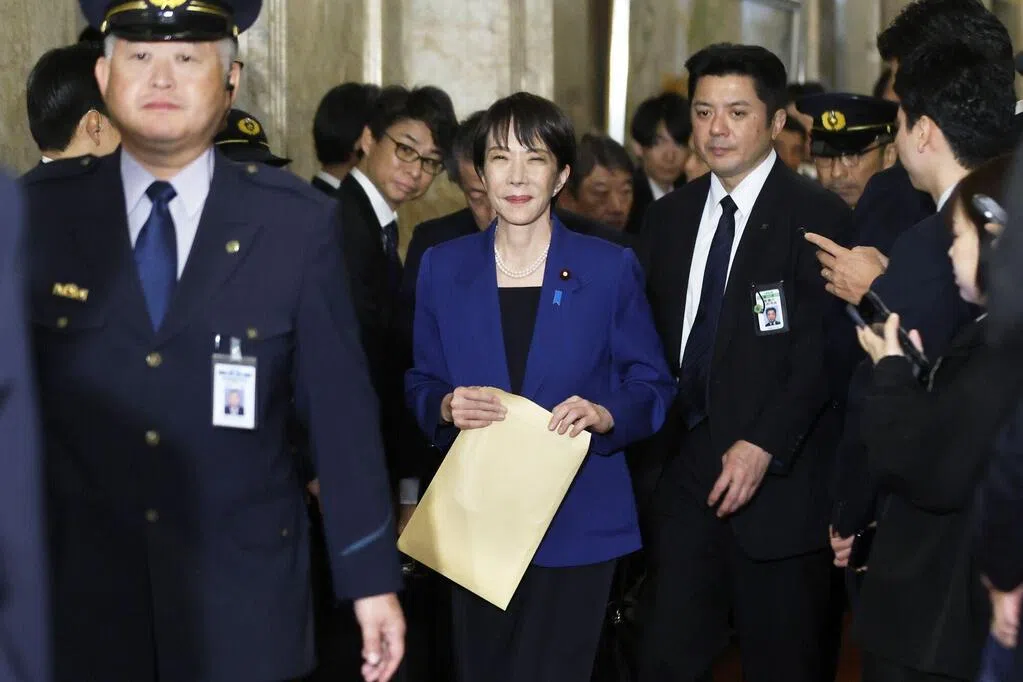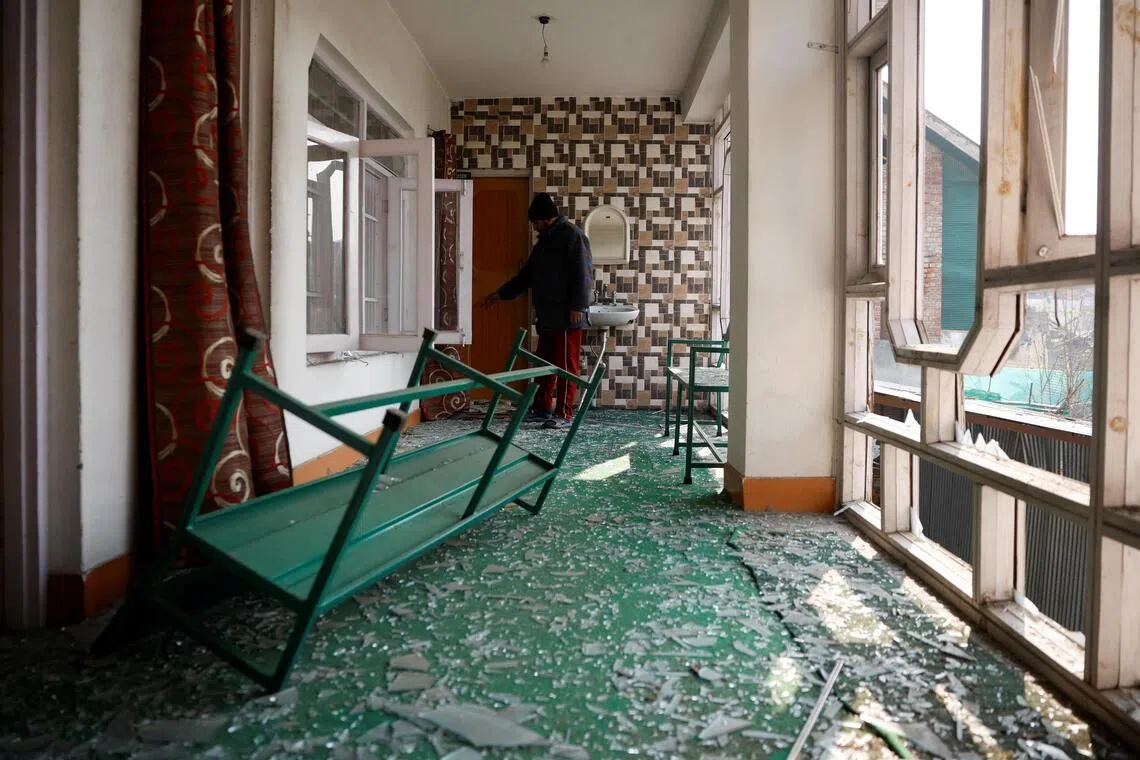(Washington, D.C.) The United States, along with Arab and Muslim countries, has called on the UN Security Council to swiftly adopt a U.S. resolution supporting President Trump's Gaza peace plan. This latest U.S. resolution is the first to raise the possibility of a future Palestinian state.
The U.S. is a staunch ally of Israel, but previous U.S. administrations have advocated a two-state solution on the Gaza issue. However, Trump's stance on Palestinian statehood has been ambiguous since his return to the White House.
According to a joint statement released Friday (November 14), the United States, Qatar, Egypt, the United Arab Emirates, Saudi Arabia, Indonesia, Pakistan, Jordan, and Turkey jointly support the resolution and seek its swift adoption.
The U.S. formally initiated negotiations on the draft resolution at the Security Council last week, aiming to implement the Israeli-Kazakhstan ceasefire agreement and support Trump's peace plan. The draft resolution welcomes the establishment of a peace committee and authorizes member states to form a provisional international stabilization force to cooperate with Israel, Egypt, and newly trained Palestinian police to protect border areas and demilitarize Gaza.
The latest US resolution does not directly mention a two-state solution, but it incorporates the conditions outlined in Trump's peace plan—that "a credible path to Palestinian self-determination and statehood may finally be in place" after the Palestinian Authority completes reforms.
Further Reading
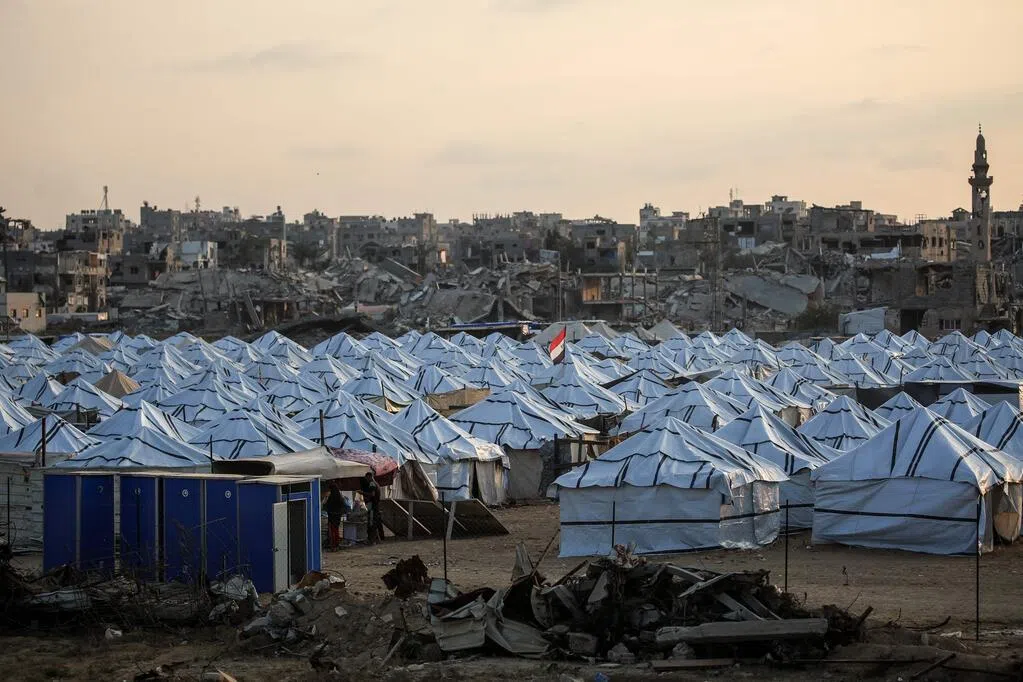
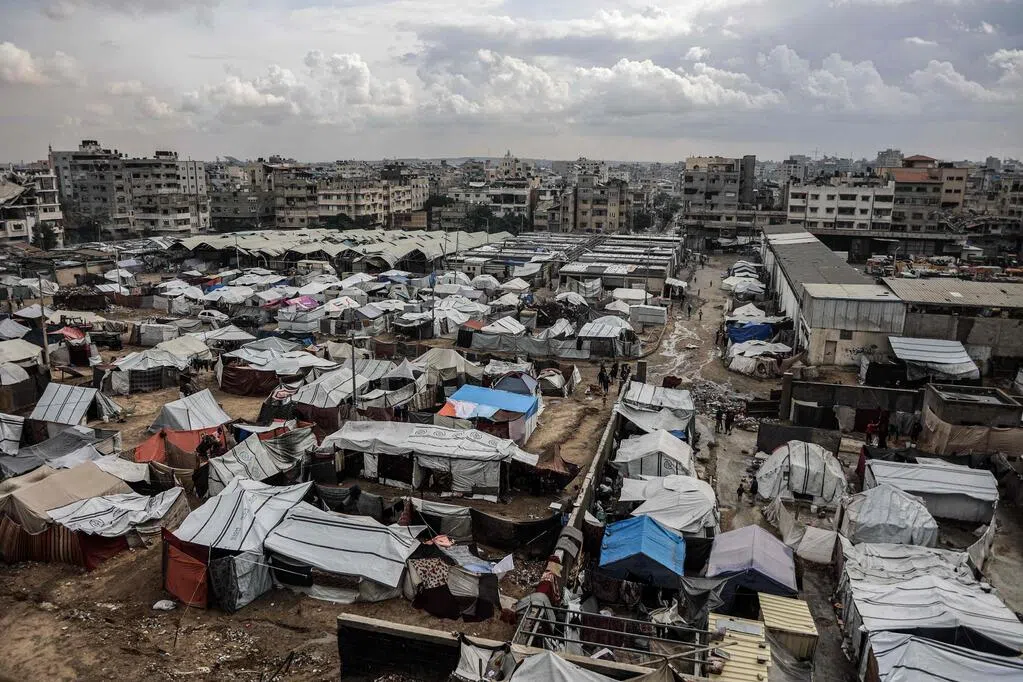
In a joint statement released Friday, the United States and other countries went further, stating that the resolution "provides a path for Palestinian self-determination and statehood."
US Ambassador to the UN, Walz, warned in an op-ed in the Washington Post on Friday: "Refusing to support this resolution is tantamount to supporting Hamas terrorists to remain in power or supporting Israel's return to the battlefield, which will plunge the people of Gaza into an endless conflict."
The Security Council will vote on the resolution on Monday (17th).
Whether the resolution will pass remains unclear. Diplomatic sources revealed that the US draft is not yet perfect, including the lack of a Security Council oversight mechanism, the role of the Palestinian Authority, and specific details regarding the authorization of an international stabilization force.
In addition, Russia, which has veto power in the Security Council, has also proposed an alternative. According to the text seen by AFP on Friday, Russia's draft neither authorizes the establishment of a peace committee nor the immediate deployment of international forces to Gaza.
Trump considers selling F-35 fighter jets to Saudi Arabia.
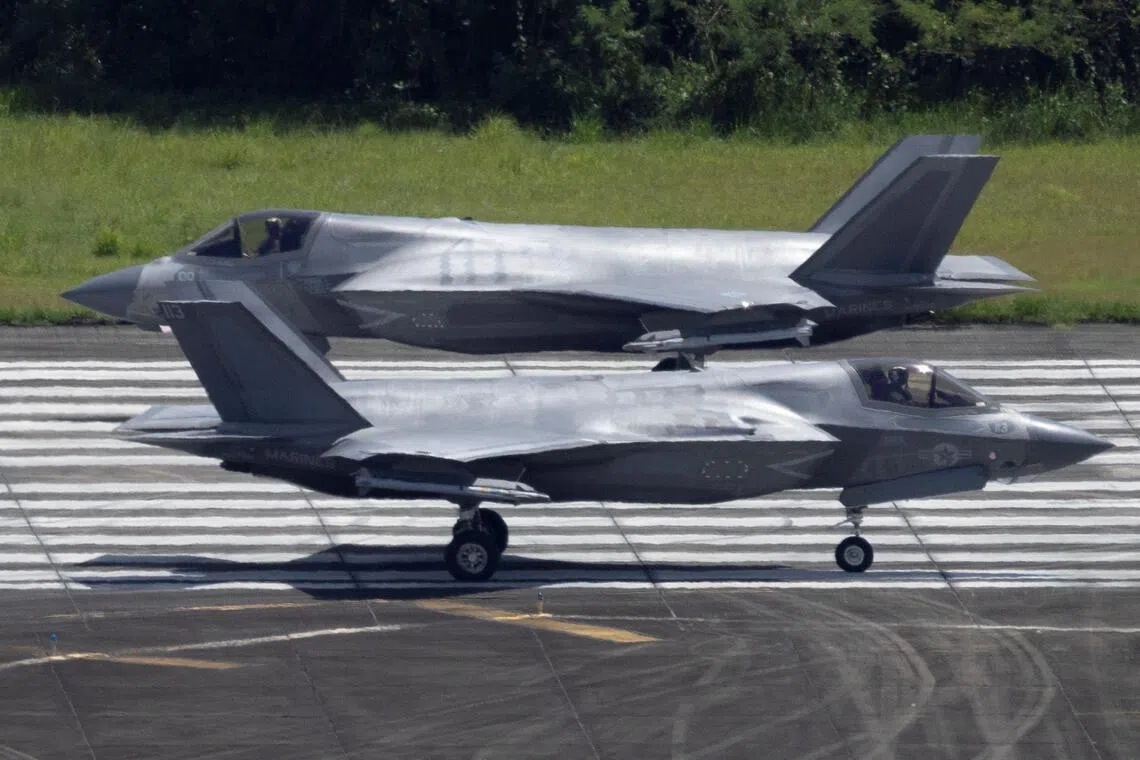
To promote peace in the Middle East, Trump has consistently hoped that Saudi Arabia would join the Abraham Accords and normalize relations with Israel. He is therefore considering approving the sale of F-35 stealth fighter jets to Saudi Arabia.
As a major Middle Eastern power, Saudi Arabia's establishment of diplomatic relations with Israel would have a significant impact on the Middle East's geopolitical situation.
Trump is expected to meet with Saudi Crown Prince Mohammed bin Salman at the White House next Tuesday (18th). In an interview aboard Air Force One on Friday, Trump confirmed that Saudi Arabia hopes to purchase a large number of fighter jets from the United States, and that he is considering it.
During his first term as president, Trump facilitated the signing of the Abraham Accords between Israel and Arab and Muslim countries such as the UAE, Bahrain, Sudan, and Morocco, rapidly advancing the normalization of bilateral relations. Following the outbreak of the Israeli-Kazakh conflict in October 2023, Saudi Arabia suspended normalization negotiations with Israel.
If the sale of F-35 fighter jets is ultimately finalized, it will be a significant concession by the United States to Saudi Arabia. The New York Times reported that a Pentagon report indicated that if F-35 fighter jets were sold to Saudi Arabia, related technologies could be leaked due to Chinese espionage or the security partnership between China and Saudi Arabia.

